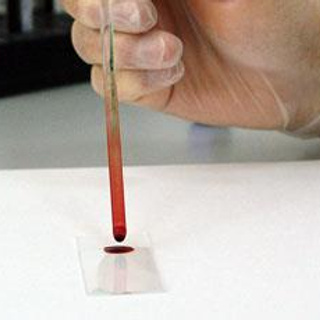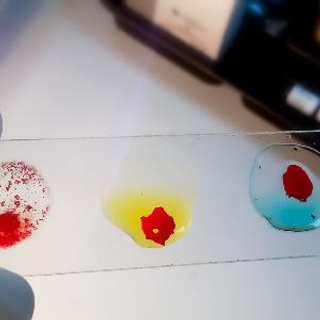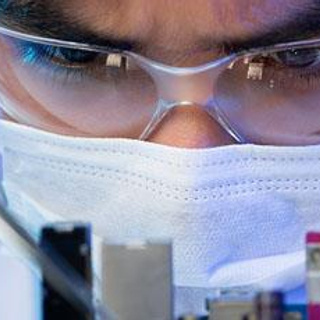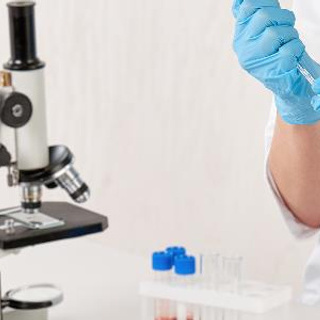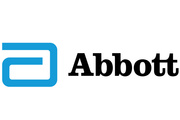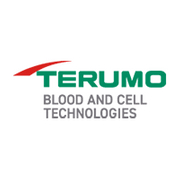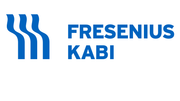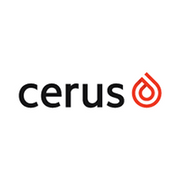Case study: Anti-D + C. Or is it anti-G?

About the case study
During initial antibody detection and identification, anti-G appears to have the same reactivity as the combination of anti-D and anti-C. Anti-G may be found alone or may be found along with either or both anti-D and/or anti-C. Distinguishing between these antibodies becomes particularly significant in pregnant patients, especially when decisions concerning the administration of Rh immune globulin need to be made.
This case study describes a patient presenting at 28 weeks in her third pregnancy. It follows laboratory investigations and clinical decision making through to birth. Background is provided on the G antigen, anti-G and relationships with the D and C antigens.
Case study content
The case study includes short units describing patient presentation, initial laboratory findings, challenges with the current presentation, background information on G antigen and anti-G, immunohaematology reference laboratory investigations and techniques, and further testing that can help to clarify the case and assist in clinical decision making. Two case studies from the literature are briefly described and a list of references relevant to the case study is provided.
Evaluation
The case study concludes with a quiz. Each quiz question is linked to one or more learning outcomes. Quiz performance can be analysed to demonstrate which learning outcomes are being satisfactorily addressed by the educational material, or if revisions of the content are required to support learning.
Accreditation
This case study is accredited by the European Board for Accreditation in Haematology (EBAH). You can earn one CME point, equivalent to one hour of continuing education activity, for completing it. Once a pass mark of 60% or greater is achieved, a pdf certificate that includes the EBAH recognition is made available for download.
To claim CME points, you need to create a CME account with EBAH. Please read more about this here.
Target group
This case study is aimed at intermediate to advanced level laboratory staff and clinicians, particularly those who deal with obstetric patients and neonates. A basic knowledge of the RH system and particularly the D and C antigens is advantageous.


